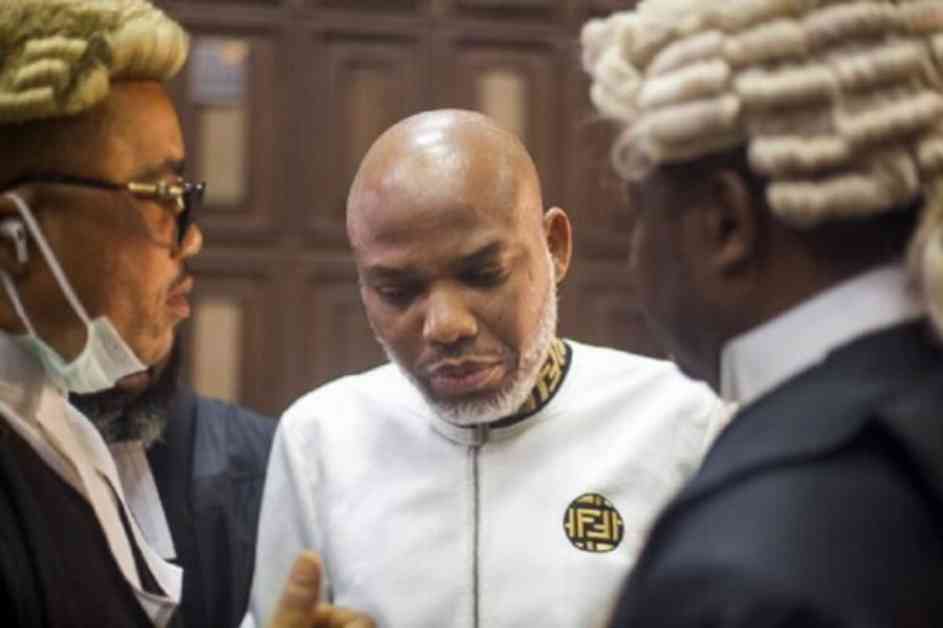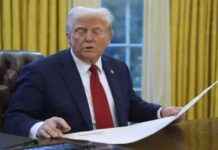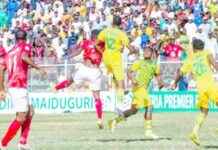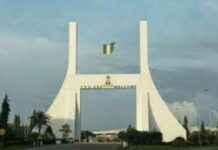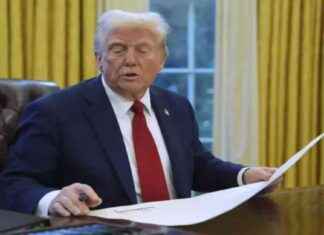Political Interference Delays Nnamdi Kanu’s Trial
The detained leader of the Indigenous People of Biafra (IPOB), Nnamdi Kanu, has raised concerns about the delay in his trial, attributing it to political interference rather than legal or judicial reasons. Kanu’s legal team, led by Aloy Ejimakor, Esq, made these allegations during a recent press briefing in Abuja.
Allegations of Persecution and State-Sanctioned Detention
According to Kanu’s lawyers, his trial is being unjustly influenced by political forces, leading to persecution and state-sanctioned extrajudicial detention. They highlighted instances where the federal government allegedly violated court orders related to Kanu’s rights and legal proceedings, including delays in appeals for the reinstatement of his bail as ordered by the Supreme Court.
Challenges in the Legal Process
The defence team also pointed out specific events that have transpired since Kanu’s trial began in 2015, such as the military invasion of his home, the proscription of IPOB, and his illegal extradition from Kenya. They emphasized the refusal of bail despite Supreme Court decisions, raising doubts about the impartiality of the trial judge, Justice Binta Nyako.
Implications for Kanu’s Legal Standing
Kanu, initially charged with offenses related to treasonable felony and terrorism, had his bail revoked after fleeing the country following a military raid on his residence. The ongoing legal battle has sparked questions about the fairness of the trial process and the challenges faced by Kanu in seeking justice.
In conclusion, the complexities surrounding Nnamdi Kanu’s trial underscore broader issues of political influence in legal proceedings and the implications for individuals fighting for their rights. As the case continues to unfold, the pursuit of justice for Kanu and his supporters remains a contentious and evolving saga in Nigeria’s legal landscape.
